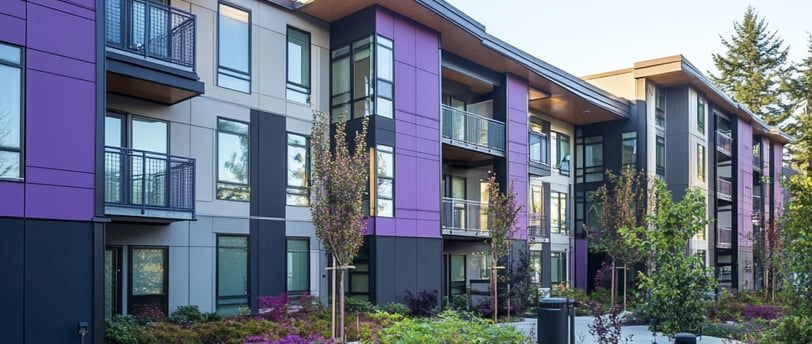Public Housing Applications Process
3/11/20252 min read


Understanding Domestic Violence Priority Status
For survivors of domestic violence seeking stable housing in Massachusetts, the public housing application process can be daunting. However, many housing authorities offer a Domestic Violence (DV) priority status, also known as emergency preference. This status can significantly expedite the application process and increase chances of securing housing. To qualify for this priority status, documentation proving the history of abuse or threats is necessary.
Essential Documentation for DV Priority Status
To apply for DV priority status, survivors must provide specific documentation, which may include police reports, medical records, or affidavits from service providers who have assisted in the aftermath of domestic violence. It's crucial to gather these documents before initiating the application process. Ensuring that your documentation is thorough and consistent will aid in the approval of your application.
Utilizing the CHAMP System
Massachusetts residents can take advantage of the Centralized Housing Application for Massachusetts Public Housing (CHAMP) system. CHAMP allows individuals to apply to multiple housing authorities simultaneously, streamlining the application process. To use this system, survivors can create an account and complete one consolidated application. This not only saves time but also ensures that survivors are considered for various housing options across multiple authorities.
Income Eligibility and Reasonable Accommodations
It’s important to understand the income eligibility criteria when applying for public housing. Generally, eligibility is determined by benchmarks set forth by the U.S. Department of Housing and Urban Development (HUD). Survivors of domestic violence can also request reasonable accommodations during the application process. This could include modifications to the application process based on personal circumstances related to the trauma experienced.
Application Timeline and Waiting Periods
The waiting times for public housing can vary considerably. Those applying with DV priority status often experience a shorter wait compared to general applicants. For example, while standard applications may wait months or even years for housing placement, those with DV priority may receive assistance much sooner. It's prudent to stay in contact with the housing authority for updates and estimated timelines.
Understanding the Inspection, Lease Signing, and Move-In Process
Once an individual is approved for housing, the next steps typically involve a unit inspection to ensure that it meets state and local standards. Following the successful inspection, the lease signing can take place. It’s essential to read the lease carefully and understand all terms before signing. Lastly, the move-in process will be outlined, including what to expect on move-in day and any landlord-specific requirements.
In summary, for survivors of domestic violence in Massachusetts, navigating the public housing application process involves understanding DV priority status, properly documenting their circumstances, utilizing systems like CHAMP, and staying informed about income eligibility and reasonable accommodations. By preparing adequately and understanding the steps involved, survivors can take critical strides toward securing stable and safe housing.
Domestic Violence Housing Navigation & Support | Massachusetts
Specialized housing navigation services for domestic violence survivors in Massachusetts. Find safe, independent housing quickly with personalized guidance from someone who's walked this path. Your privacy is protected—no tracking or data storage.
contact@dvhousinghelp.org
617-299-6449
© 2025. All rights reserved.
